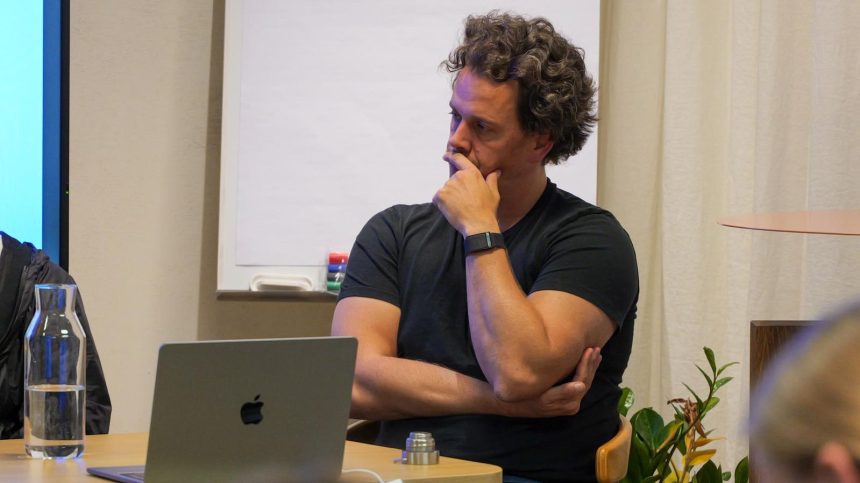The European startup ecosystem, while vibrant and innovative, is hampered by a fragmented regulatory landscape that hinders its ability to compete on a global scale. Unlike the United States, where a single set of rules governs company formation and investment, the European Union comprises 27 member states, each with its own distinct legal framework. This creates a complex and often confusing patchwork of regulations, deterring international investors and stifling the growth of European startups. EU-Inc, a grassroots movement advocating for regulatory harmonization, has highlighted the problem and presented a potential solution to the European Commission.
The core issue lies in the diverging national rules related to corporate governance, investment procedures, and company structures. This lack of standardization creates significant barriers for startups seeking to attract international capital. Venture capitalists, accustomed to a unified legal environment, find it challenging and often costly to navigate the diverse European landscape. This often leads to a preference for investing in startups registered under US rules, even if the company’s operations are primarily in Europe. This forces European startups to establish US holding companies, adding complexity and potentially diverting resources away from core business activities. The fragmented ecosystem also creates internal competition between European countries, weakening the overall strength of the European startup scene against global competitors like the US.
EU-Inc proposes a pragmatic solution: standardizing key aspects of corporate law at the European level, specifically those related to governance, investment, and shareholdings. This would involve creating a single set of rules for company registration, enabling digital incorporation, and harmonizing investment instruments and share option schemes. Such standardization would significantly simplify the process for investors, allowing them to use the same legal processes and advisors across the EU, regardless of the specific country. This would create a level playing field, attracting more international investment and fostering a more dynamic and competitive startup ecosystem. It would also eliminate the need for European startups to create US holding companies solely to attract international funding.
The success of EU-Inc’s initiative hinges on its ability to gain traction within the European Commission and ultimately secure the support of member states. Although the Commission has indicated its interest in addressing the issue, navigating the complex political landscape of the EU is no small feat. EU-Inc has garnered support from prominent figures in the European tech scene, including the co-founders of Stripe and DeepL and the CEO of Revolut, lending credibility to their proposals. Furthermore, President Ursula von der Leyen has publicly acknowledged the need to reduce regulatory barriers for European startups, indicating a potential appetite for change at the highest level of the Commission.
EU-Inc is actively working to refine its proposals and build consensus within the startup community. The organization is seeking feedback from industry stakeholders to ensure its recommendations are practical and effective. This feedback will be incorporated into a finalized proposal to be presented to the European Commission as part of the 28th Regime program, which focuses on regulatory reform. While the Commission holds the primary power to initiate legislative changes, the ultimate decision rests with the member states. Convincing all 27 states to relinquish some degree of control over their respective corporate legal frameworks will require significant negotiation and compromise.
Some member states might resist harmonization, particularly those that have successfully cultivated attractive regulatory environments for startups. Estonia, for example, has positioned itself as an entrepreneur-friendly hub, offering streamlined registration processes and favorable tax regimes. However, EU-Inc argues that even the most successful national ecosystems are limited by the broader fragmentation of the European market. They believe a unified European framework would ultimately benefit all member states by creating a more competitive and vibrant startup ecosystem capable of attracting global investment and fostering innovation. The success of EU-Inc’s initiative will depend on its ability to effectively communicate this message and persuade member states to prioritize the long-term benefits of harmonization over short-term national interests.



